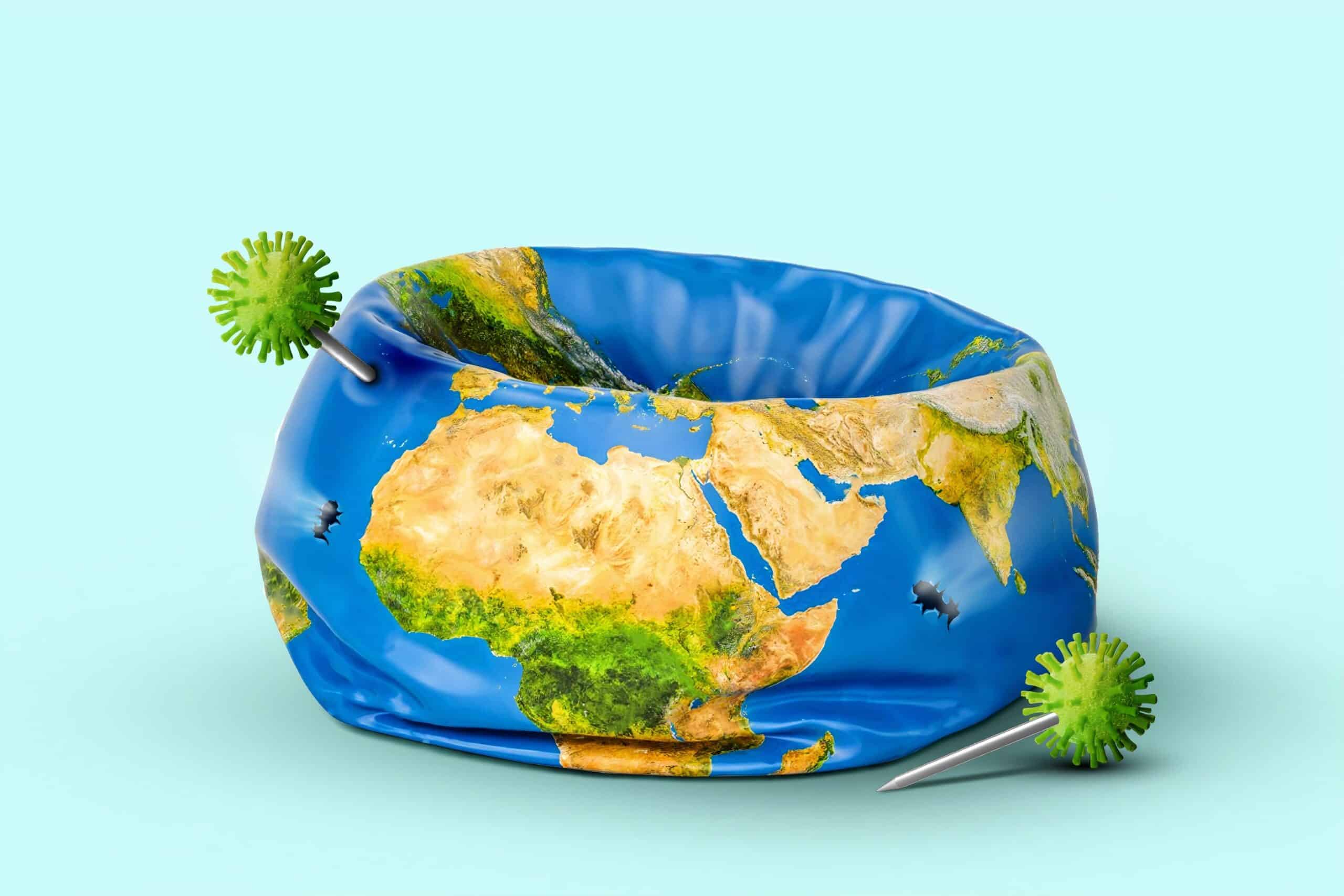Every disaster film seen at the cinema shows increasingly faster successions of events. For this reason, if they had asked us to imagine a catastrophe we would have thought of chaos and disorder of all sorts. No one would have predicted a “composed and silent” catastrophe.
For weeks after the arrival of the coronavirus pandemic, silence and composure reigned supreme. During the great lockdown pause economies were slowed down and then stopped, deliberately and methodically, and this also confounded expectations.
For the first time, an economic crisis resulted not from the sudden loss of control over economic processes, but from a collective decision to shut down large segments of the economy.
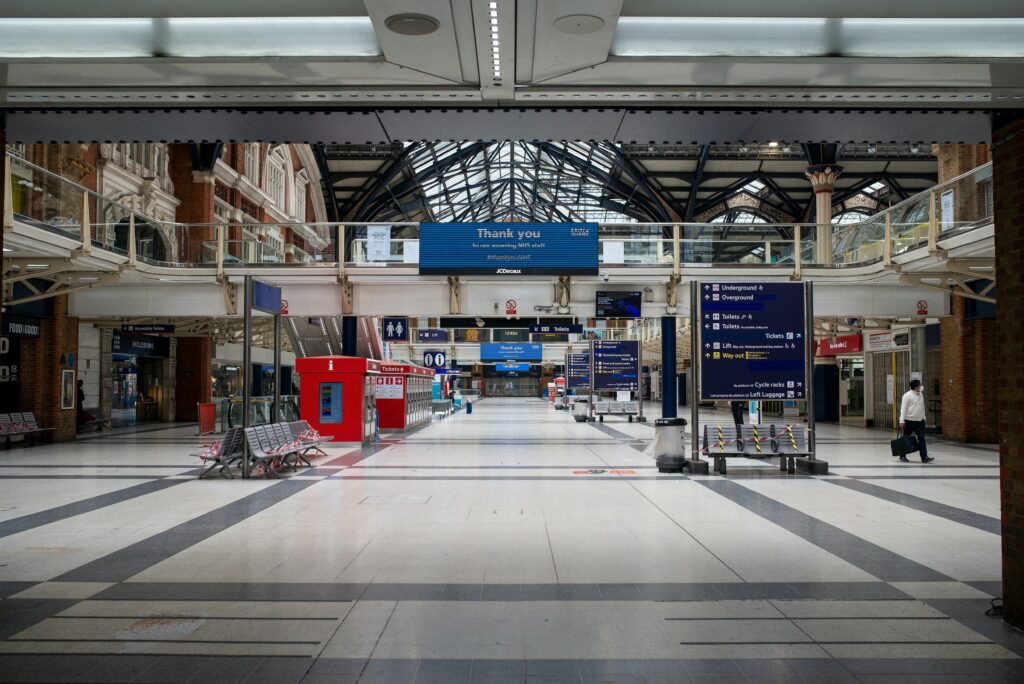
Because “the great pause” is something never seen before
Pandemics are a recurring phenomenon in human history. The “big break” on the other hand is something totally new. In assessing the historical significance of the pandemic, how we choose to respond may be more revealing than the natural event itself.
Paradoxically, modern societies governed by a continuous flow of data, information, goods, people, have responded to the crisis by interrupting much of social and economic activity. As a public policy choice, it may have been inevitable. As an experiment, it was unprecedented.
Yesterday and today
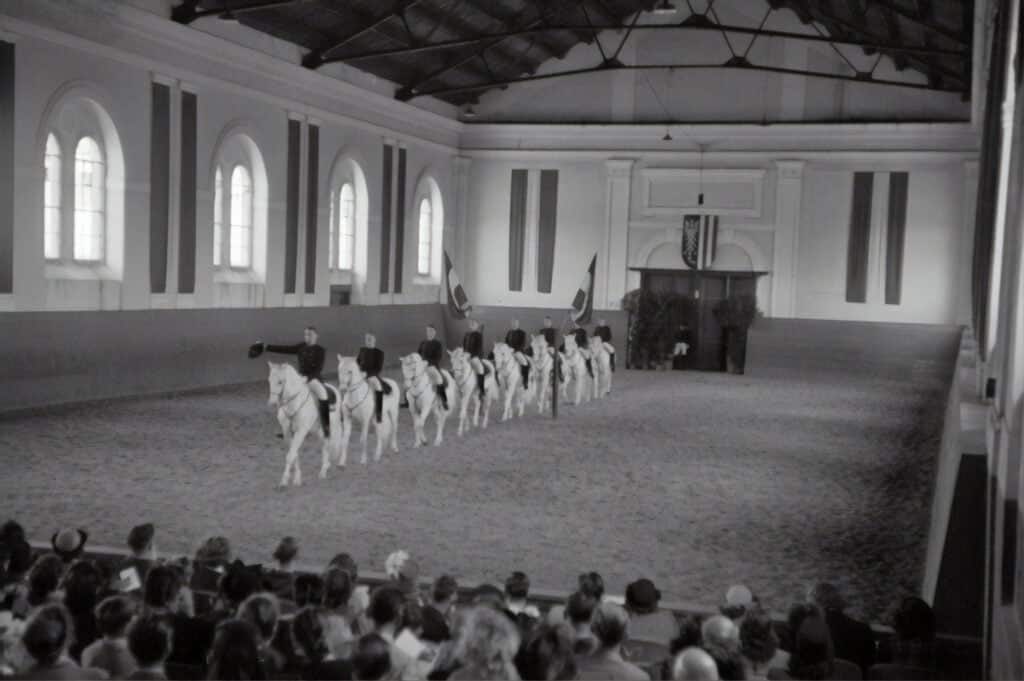
With the Spanish flu of a century ago, people adapted their individual behavior, but social life went more or less as before. “Public places of amusement” were closed, but overall work and business were little affected.
Many workers suffered, dying in factories and mines, but retail sales were barely scratched. There was no unusual increase in bankrupt companies.
With the coronavirus, the response has been very different. Suddenly and with little warning, the economy was put on hold.
In part, it's because we now have the tools to do this: the Internet and other information and logistics technologies to keep essential services running and activist central banks and governments to manage the resulting economic shock.
The lie that economic time cannot be stopped (that the economy is an organic entity outside of social control) has been quietly exposed.
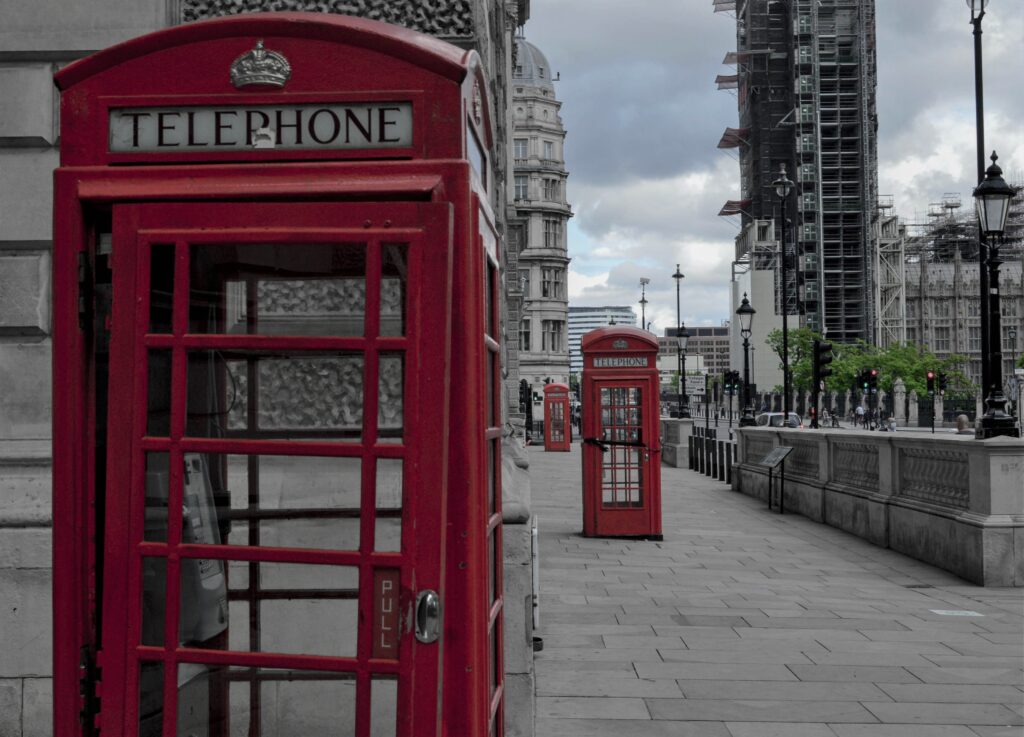
What the pandemic and the "great pause" teach us
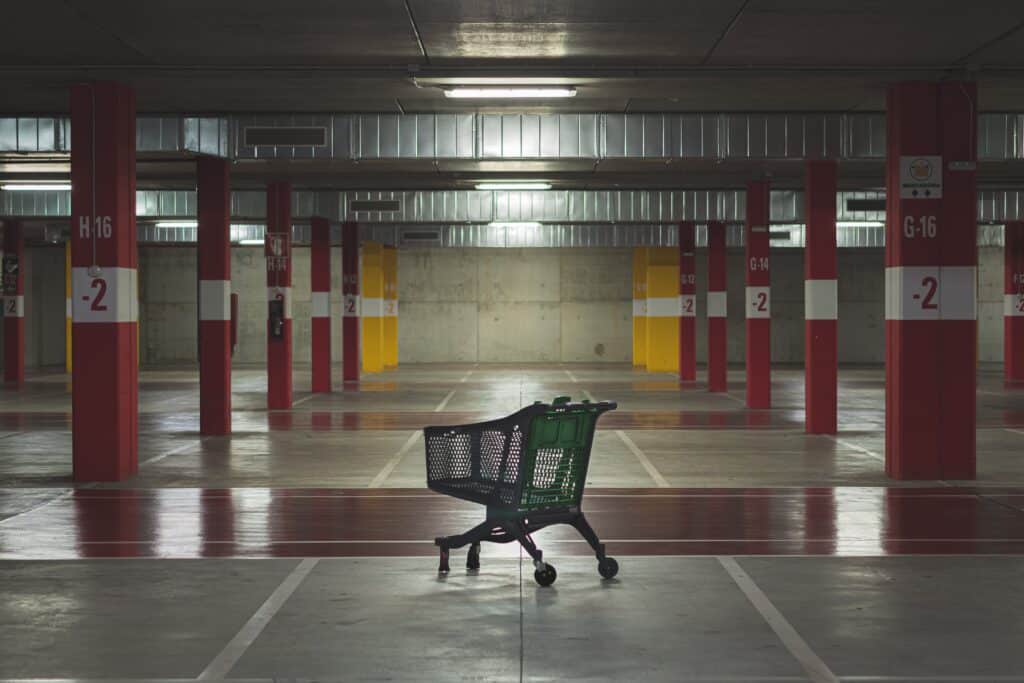
Without the pandemic, we would never have discovered that everything can be stopped all at once even in a practically entirely capitalist world. It took an unexpected crisis to discover the true extent of our powers. The crisis will leave scars but will also awaken new and unsuspected forces.
The explosion of public protests against racial injustice in recent weeks is just one example, a harbinger of more movements to come.
Someone once said that it is easier to imagine the end of the world than to imagine the end of capitalism, now referred to by many as the real global threat.
Yet, the current crisis has demonstrated the opposite. Capitalism has been extraordinarily easy to stop, or at least to stop. All that was needed was a true environmental crisis, a crisis in which the external conditions for a capitalist economy were suddenly removed.
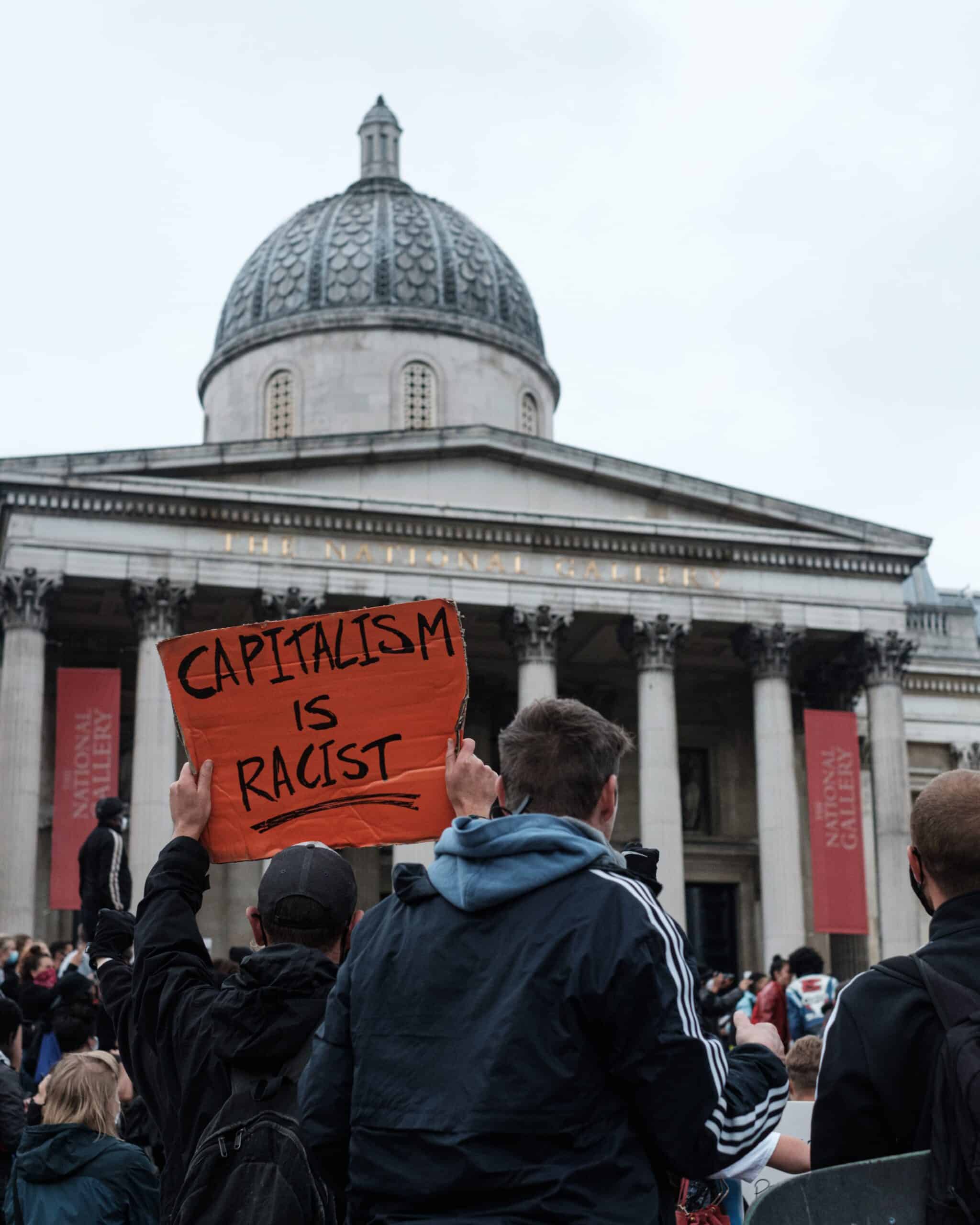
The novel coronavirus has achieved in a few days what both progressives and nationalists have long fought for.
Epochal consequences
Powerful economic interests cast aside, the largest industries temporarily, oil consumption and oil itself shot to death. National borders closed, exports prohibited or restricted.
It is a humbling experience to see major human institutions helpless in the face of the natural power of a pandemic. But it was also an enlightening moment, which finally showed us the social and economic system for what it is.
The "great pause" revealed a hidden truth which, once revealed, cannot be forgotten.
The collapse of the totems
Among the once indisputable beliefs that now take on a new meaning is that of the economy as an organism in itself. A sort of autonomous sphere, resistant to manipulation. Indeed, with the power to manipulate events. A belief, that of the "power" and "independence" of the economy, which ended up fueling its strength.
A different way of looking at the economy would mark a new beginning in the history of modern capitalism. Or its end, or the advent of his replacement.
Mind you: both Hayek and Keynes, "fathers" of two great and opposing visions of the economy, agreed in seeing it as an organism with a life of its own. Today it would be more like a computer program, an artificial intelligence. The “big pause” imposed by the authorities was like that of a computer removing parts of its code and letting the rest work. With the closures from March onwards, everything in the world that could no longer function safely, from restaurants to gyms to cinemas, was taken offline. The rest continued to function with overall limited interruptions.
The surprise was that it could work
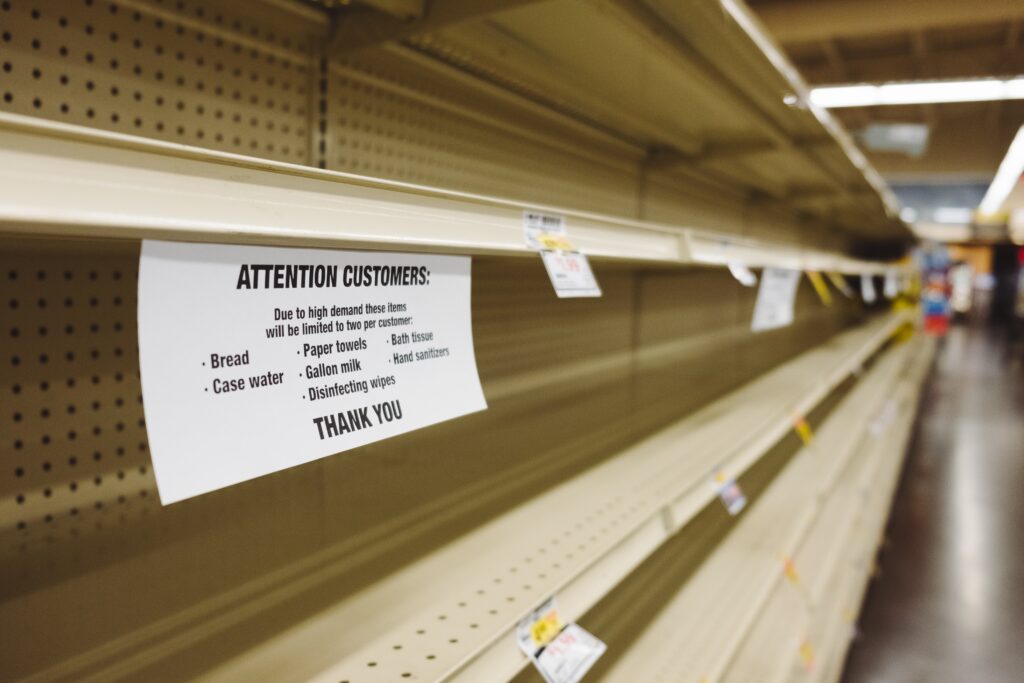
At the beginning of the pandemic in Europe and North America, the fear that the social contract would be damaged pushed many of us to stock up on essential goods. Many stood in long queues at supermarkets and emptied shelves. I myself, despite not going to the supermarket, "emptied" the virtual shelves of Amazon by placing an order (God strike me) for over 500 euros on Amazon Pantry.
As passionate futurologists or amateur economists, we all knew one thing: given a deep enough external shock, the economy could collapse like a house of cards.
Instead, supply chains have adapted and readjusted at extraordinary speed. Many stores quickly converted to e-commerce to keep up with the boom in online orders caused by the pandemic.
E-commerce sales grew 74% in the first quarter compared to the previous year. In some sectors, extraordinary (and very rapid) recruitment plans have even started.
The “little” Italian miracle
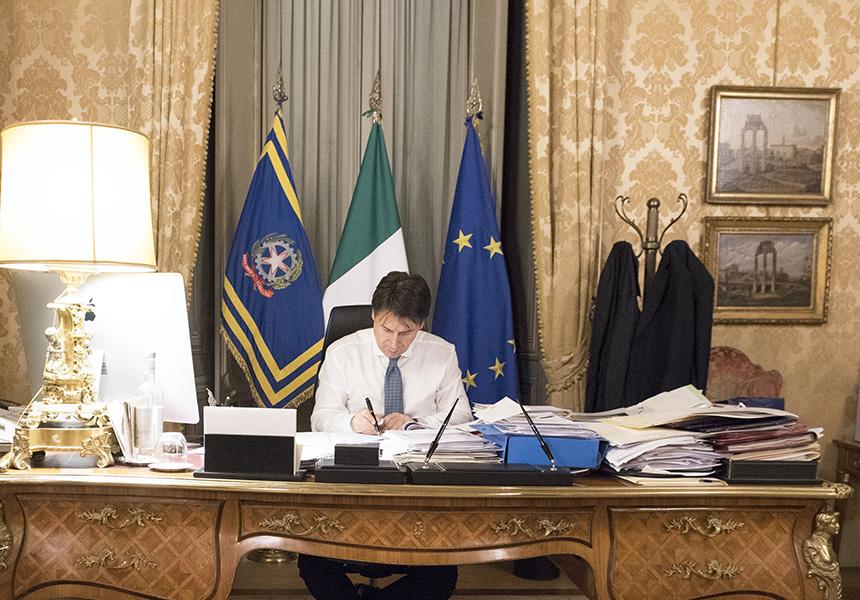
When the Conte government ordered extended closures for non-essential businesses, around 100.000 companies requested a legal exemption on the basis that they were part of a supply chain for essential businesses.
For example, a company that makes power generation systems was allowed to stay open because its customers were in essential supply chains. The company would send a certified email to the authorities and the information provided would be checked against available records and information provided by other companies.
The Pirelli tire manufacturer he reported in March that production in Italy was not affected at all, with road traffic allowed between containment areas.
The company said it received real-time information to manage the logistics.
This level of dynamic supply chain analysis (with continuously running and updated simulations) would have been impossible before recent developments in information and communications technologies, the same developments that facilitate the growth of complex value chains.
The demand for robotics has exploded

Robotics has experienced a great leap forward, especially in the food supply chain. If workers are kept at home or cannot travel across the border due to the pandemic, the machines can collect and deliver food are an obvious solution.
In other cases, there has been an increase in demand for disinfection robot, equipped with tools such as ultraviolet light to kill viruses. There are many similar examples where the latest technology has helped limit disruption to supply chains.
Great break, great intelligence
None of what has happened has anything to do with the "autonomous life" of the economy that we have heard so much about. Rather, it was a team effort that produced a dynamic of collective intelligence.
Governments have taken on the function of reorganizing economic activity. The Internet has brought key players together and helped them align their views and methods. Any resistance from opposing interests was effectively co-opted or overcome.
Now what's going to happen?
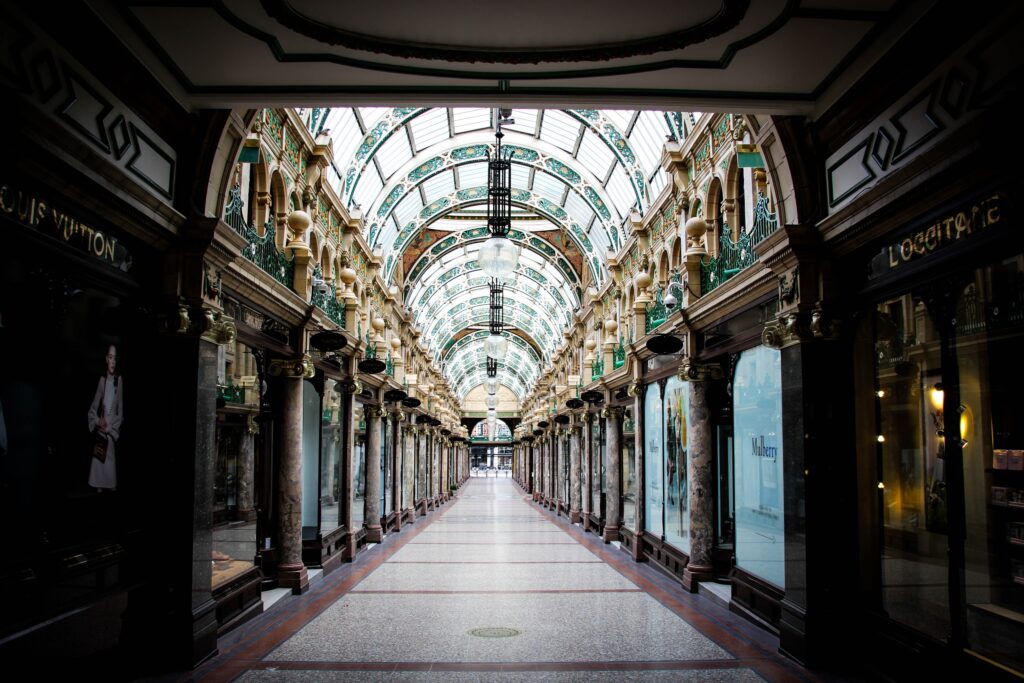
It is not yet clear what the further output loss will be if further demand shocks occur due to higher unemployment and loss of household wealth and business spending. Certainly the Italian government's stimulus programs cannot fill the gap. No government in the world could do that.
But it should be borne in mind that the closure has reshaped consumption patterns.
The big hiatus has diverted money to sectors that are still operating near full capacity. About 35% of food spending is at stake again if consumers start eating more at home and experiment with new shopping channels.
In Amazon's first quarter, net sales from its online stores grew 24% from a year earlier. In March they grew at a rate of about 40%.
Before the pandemic, groceries sold online accounted for less than 5% of groceries sold in the United States. They are now exactly doubled. In less than 9 months. This share is expected to exceed 10% this year.
Will it always be like this?
There has been a lot of speculation that these changes will become permanent.

They almost certainly won't. When the worst is over, there will be a big push towards behavior from the recent past. But that's not the important thing. Beyond the new historical trends (remote work, end of globalization, new world order with China as a leader) we should focus on something else.
About the sudden awakening of a new collective power to lead society in new directions.
It's amazing to understand that the economy is programmable. What every economist and politician had assured us is not true. The markets don't rule if we don't want to make them rule. An economy can be built for different, and fundamentally better, social purposes. Only now are we really starting to understand this, thanks to the big break.
Ultimately, we were able to “exit” the economic system and understood that if we want, the system can be changed in surprisingly new ways.
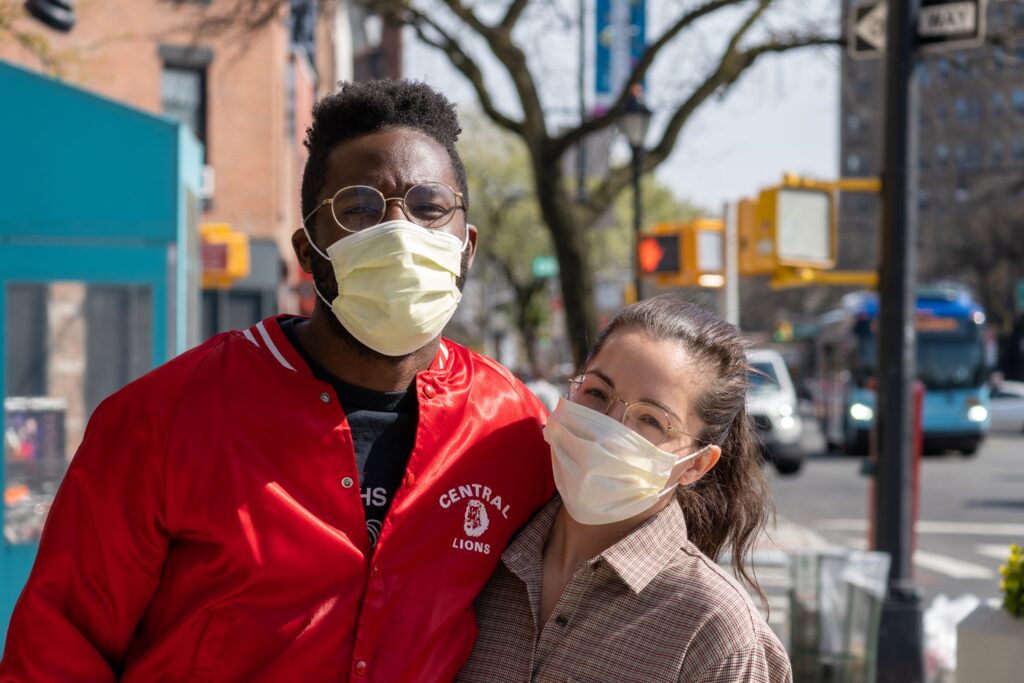
Beyond the big break
A recent study estimates that 42% of recent pandemic-induced layoffs will result in permanent job loss. Whole sectors will close, others will be created again.
The great message, however, if you want to hear it, has arrived: if entire economies can be reprogrammed to eliminate the risk of a viral infection, then it must be possible to do the same for the sake of other equally desirable social goals.
When the virus arrived, the same authorities who had always claimed that nothing could be done against the poorest quickly found the resources to help them.
In short: we can stop the historical clock and reorient economic activity in new directions, while preserving the core of the social and economic order.
The return to the square
I talked about it within the framework of a broader reasoning about the United States. Protests for racial equality quickly became a social movement on a virtually global scale.
When George Floyd was killed by the police while he was handcuffed and lying face down, a part of Americans abandoned the fight against the virus and took to the streets to demand racial equality. It was an incredible moment: protesters and rioters took to the streets, often wearing masks but gathered in large gatherings against all health advice.
The rapid succession from blockade to protest was anything but accidental.
The “great pause” was itself a social movement, the largest in memory and global in nature.
Within days or weeks, the virus managed to reorganize society around a single purpose, and a number of powerful tools were developed and refined. The protesters learned from that collective effort, consciously or unconsciously.
Above all, they saw with their own eyes and learned that another world is possible.
The great Covid pause has taught us that social life can be rescheduled
He left open the question of what changes need to be made to the social program.
The “Great Pause” proved that social engineering works, or at least that it can work.
Once this thesis has been accepted (and has generally been accepted in the fight against Covid-19) it becomes difficult to resist other calculations.
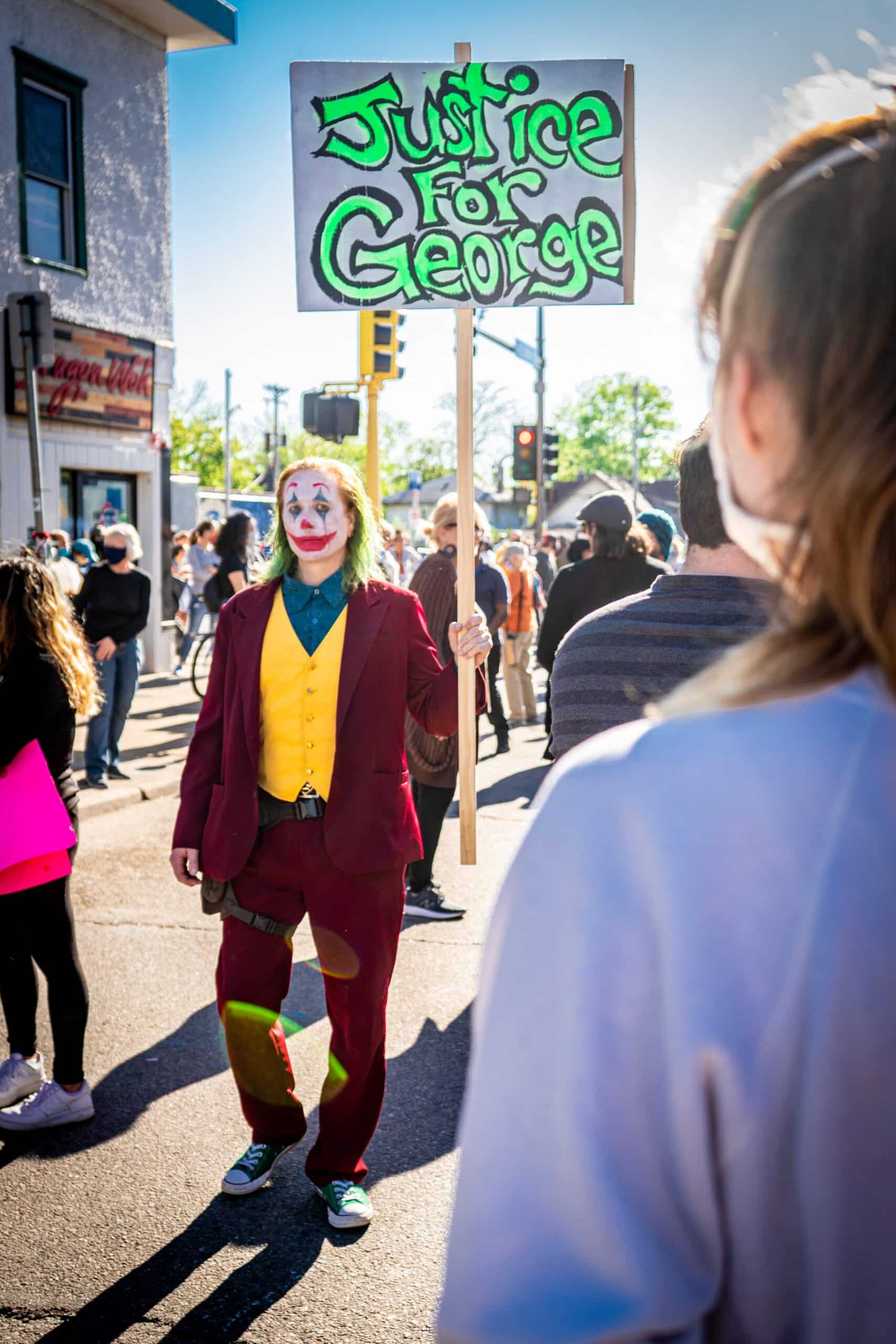
How far should / could we push social and economic change?
There is no objective answer, of course. We weren't even used to asking ourselves this question, because we never believed we had this power.
Modern Western societies seemed to be slaves to an uncontrolled “progress”, driven by an untouchable economy and incomprehensible mechanisms. Stopping this carousel was something that no one would have dared to imagine, even if everyone felt the need.
That the historical clock could stop, in any form, seemed impossible.
The impossible became possible in the form of a global catastrophe. And now, for those who want to understand, time as a historical reality has acquired a new and radical meaning.
